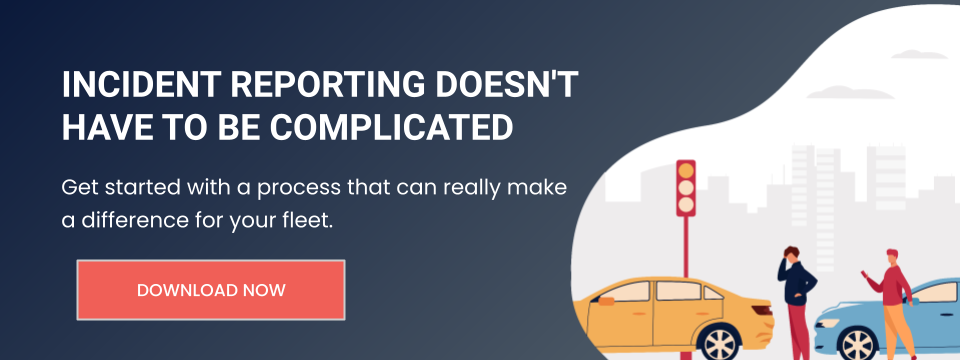When you are tired, your body reacts differently than it would if you were fully charged and awake. Much like alcohol, tiredness and fatigue have a very dangerous effect on the ability to drive safely. According to America’s National Highway Traffic Safety Administration, impairments in human performance when driving tired include: slower reaction time, reduced attentiveness, and weakened information processing skills.
Some tragic (but unfortunately, accurate) data from the RSA (Road Safety Authority) of Ireland on driver fatigue reveals that 4,000 people are killed each year throughout Europe because of driver fatigue; collisions related to tiredness are three times more likely to result in death or serious injury; fatigue-related injuries are more likely to occur between 2:00-6:00 a.m. and 3:00-5:00 p.m.; motorists are thirteen times more likely to have a tiredness-related collision in the early morning than in the mid-morning or afternoon.
A study conducted by the AAA Foundation for Traffic Safety, based in the USA, found that people who get less than five hours of sleep at night are four to five times more likely to be involved in a car crash.
To avoid this and fight driver fatigue, there are some precautions you can take both before and during your journey.
Before driving:
- Make sure you get adequate sleep, which also means good quality sleep; avoid stimulants and coffee before sleeping, try not to eat too heavily, definitely avoid alcohol, and ensure you have a restful, quiet place to sleep.
- Maximise the amount of sleep you get before going back to work and try to begin any work period as rested as possible.
- If you need any treatment for the flu or allergies, make sure you inform your GP that you drive for work; your doctor can advise you as to how the prescriptions may affect your driving.
- If you are a shift worker, switch off your phone while sleeping, let your family know that you are on a shift and need proper rest; take positive measures that contribute to a good night’s sleep.
Minimise risks while driving:
- Prepare for your journey and plan where you can take a safe break while driving.
- Stop in safe places when you feel tired. Always find somewhere sensible to park. Don’t just stop on the hard shoulder or somewhere where you may be a hazard to other road users.
- Drink a cup or two of strong coffee or a caffeine-containing beverage.
- If you have a nap, make sure you lock the doors before settling down for it.
- Don’t be tempted to keep driving just because you are close to your destination.





